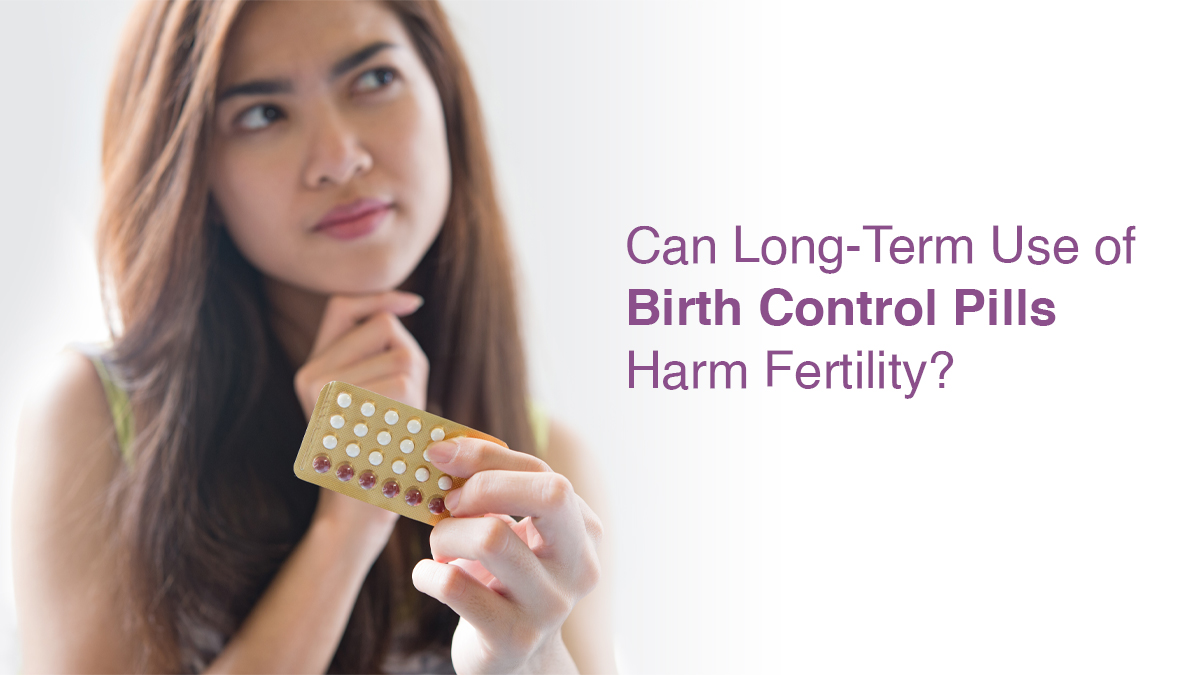
15 COMMON SYMPTOMS OF POLYCYSTIC OVARIAN SYNDROME – PCOS

This is PCOS Awareness Month and we want you to be more aware of your body. Here are some common symptoms of PCOS.
Irregular or Absent Menstrual Cycle:
In people with PCOS, hormonal imbalances disrupt the menstrual cycle leading to missing periods or not having periods.
A normal menstrual cycle lasts for up to 28 – 35 days on average.
An irregular menstrual cycle accounts as
- A cycle less than 8 or fewer menstrual cycles per year
- A cycle that lasts shorter than 21 days or longer than 35 days
Less than 8 menstrual cycles in a year is definitely a reason to visit your gynaecologist.
Anovulation:
It is important to remember that in a few women, even if there is a regular menstrual cycle and normal bleeding, there are high chances that the eggs are not released from the ovaries. This condition is called anovulation.
Heavy bleeding:
In a few women, PCOS causes heavy bleeding that lasts for more than seven days. This condition is called Menorrhagia.
Fertility problems:
PCOS is one of the main causes of infertility among women. With irregular menstrual cycles and hormonal imbalance, many women face difficulty in getting pregnant. In fact, women suffering from PCOS also have difficulty staying pregnant, causing miscarriages.
This doesn’t imply that someone with PCOS can’t get pregnant. With treatment and the right medical intervention, it is possible to fulfill that longing dream of parenthood.
Hirsutism:
Hirsutism is one of the symptoms of PCOS, caused by excessive production of androgen, or the male hormone.
Women experience excessive hair growth usually on the upper lip, chin, chest, or back.
Emotional disorders:
The hormonal imbalances cause severe mood swings in women with PCOS. The physical changes brought about by these imbalances affect the self-esteem and confidence levels of
a woman making them the most vulnerable to mental conditions like anxiety and depression.
Weight Gain:
Weight gain is a common occurrence with PCOS. Women struggle with losing weight, as PCOS causes insulin resistance and impacts the body’s metabolism.
Obesity can worsen the symptoms of the disorder and result in further complications like Diabetes and heart disease.
Losing a few pounds can affect a woman’s health significantly in several ways:
- Reduces insulin resistance
- Restores ovulation
- Improves the timing of the menstrual cycle, thus increasing the chances of normal pregnancy
- Reduces the physical manifestations of the disorder like acne, hair loss, and excessive hair growth
- Improves emotional wellbeing
Male pattern hair loss:
PCOS is a condition wherein there is hair growth in all the unwanted places; simultaneously it also results in a receding scalp hairline that is characteristic of a male pattern hair loss. This occurs due to higher levels of androgens.
This could get worse in middle-aged women.
Oily skin and Acne:
Hormonal changes tend to make skin oily and this leads to breakouts on the face, chest, and back. This can be managed with a healthy diet, exercise, and OTC ointments.
Skin tags:
Skin tags are excess flaps of skin that grow in the armpits or neck area. These are not cancerous growths.
Apart from being inconvenient at times, it is not an issue of concern.
Skin darkening:
PCOS leads to a skin condition called Acanthosis nigricans, wherein darkening of the skin occurs.
Thick velvety patches of skin develop particularly in the folds of underarms, back of the neck, groin area, and under the breasts.
High Cholesterol Levels:
Women with PCOS are at risk for high cholesterol and blood pressure levels accounting for its other symptoms like weight gain, low metabolism, and insulin resistance.
Decreased sex drive:
Women with PCOS have a decreased libido and sexual desire. Also, the stress and body image issues caused due to the physical manifestations of PCOS lead to low sexual desire.
Headaches:
In some women, hormonal changes can cause headaches too, affecting their everyday activities.
Fatigue:
A constant state of tiredness as the hormonal changes might affect the energy levels and can cause changes in the sleep cycle leading to trouble falling asleep or not feeling well-rested after waking up.


fill up the form to get a
Free Consultation
Avail 0% interest on EMI
All Procedures | No Upper Limit
How we reviewed this article:
- Current Version
- August 2, 2023 by Oasis Fertility
- September 13, 2022 by Oasis Fertility
- May 5, 2020 by ShootOrder





